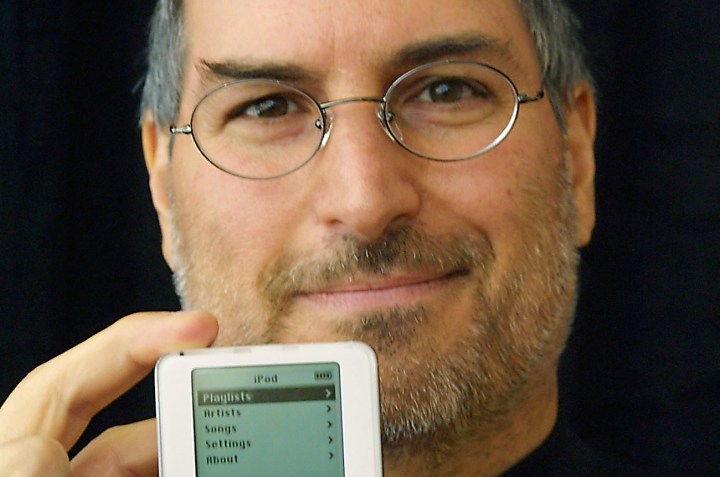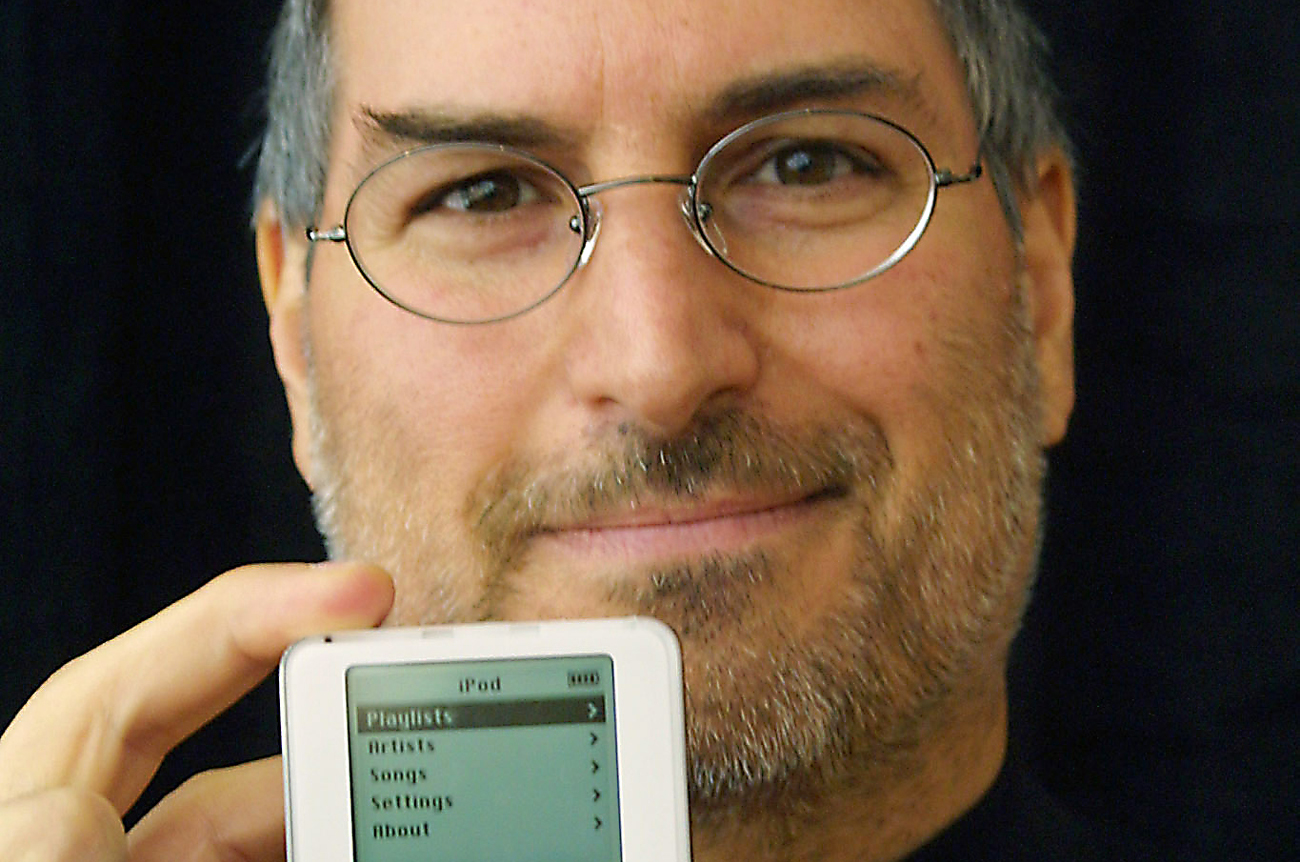Sci-Tech
A decade in the key of iPod major

Exactly ten years ago yesterday, the world’s first iPod was released. Since then, the ubiquitous devices have transformed not just how we listen to music, but the music industry itself. By REBECCA DAVIS.
Remember the Walkman? Before iPods, that was all we had to listen to music on while we were on the go. Sony launched the Walkman in 1979 and, by the time they killed it off this time last year, it had sold 220 million units in the intervening 21 years. The device that buried the Walkman was Apple’s iPod. To put matters into perspective, the iPod has been around for ten years and 300 million have been sold worldwide.
When the iPod was launched in 2001, it was not the first MP3 player on the market, but it was the best. The story goes that when Steve Jobs was originally presented with a prototype of the device, he told his engineers to make it smaller. They complained that this was impossible. Jobs promptly dropped the device into a fish tank in the Apple offices, pointed to the bubbles being emitted by the submerged object, and said that the fact that there was air in it meant that there was space that could be reduced. They made it smaller. The iPod was a game-changer for its power/size ratio. Despite being so small, it could store 1,000 songs, had 10 hours of battery life, and enabled the user to transfer songs from computer en masse. Eat your heart out, Walkman.
At first, though, the iPod was greeted with scepticism – seen as too expensive, gimmicky, and too troublesome to use, because the initial versions only synced with Apple Macs. But in 2002 the iTunes music store was launched, and that’s when the iPod really took off, because iTunes rendered music-buying so much faster and more convenient than any traditional means of purchasing music. By June 2003 a million iPods had been sold and by the end of 2004, 10 million had gone.

Apple Chief Executive Steve Jobs speaks on stage, with images of the iPod Shuffle, iPod Nano and iPod Touch projected onscreen, at Apple’s music-themed September media event in San Francisco, California September 1, 2010. Reuters.
The iPod was important both for what it did to Apple and what it did to music. Its significance in the company’s history is paramount. Just six days before releasing the iPod in 2001, Apple had reported a 22% drop in quarterly profits and many feared that the company’s days were numbered. Now annual sales of iPods alone easily outstrip total revenues for the company a decade ago. More importantly, though, the iPod was one of the first products to make Apple cool. The device was instantly beloved of hipster musicians like Moby, who sang its praises, and it helped transform the company from a relatively obscure, geeky software company into the coolest brand in the world.
The iPod has also fundamentally changed the way music is both listened to, and produced. Steve Jobs predicted in 2003 that the concept of an “album” had a limited shelf life. Customers, he said, were more likely to buy individual songs and organise them into playlists on their devices. He was right. Today the notion of an album in the old sense seems archaic, if not obsolete. Apple attempted to address this by offering customers album artwork and liner notes at an extra price, but it proved very unpopular. The trend for buying songs piecemeal and combining them according to the preference of the individual rather than a record company is now firmly established.
Yet the iPod is not invincible. Sales of the device have been dropping off as smartphones increasingly offer music-listening services. In September of this year, technology website CNet predicted that the iPod was on its way out, pointing to the fact that Apple normally releases new iPods in September, and 2011 hasn’t seen one. Apple, they pointed out, no longer needs the iPod: in the fourth quarter of 2010, iPod sales made up only 8% of Apple’s total revenue. If they discontinue the iPod, it also serves as incentive for customers to buy an iPhone instead. “If today’s iPod is just taking up space without paying the rent, maybe it’s time to go,” they conclude. Perhaps, after a decade, the work of the iPod is done. DM

Read more:
- Happy 10th birthday to the iPod, in The Telegraph
Main photo: 23 October 2001: Apple Computer CEO Steve Jobs holds up the new Apple release iPod in Cupertino, California October 23, 2001. The then new MP3 iPod music player packed up to 1,000 CD-quality songs into a 6.5 ounce design that fits in your pocket. Reuters.




 Become an Insider
Become an Insider